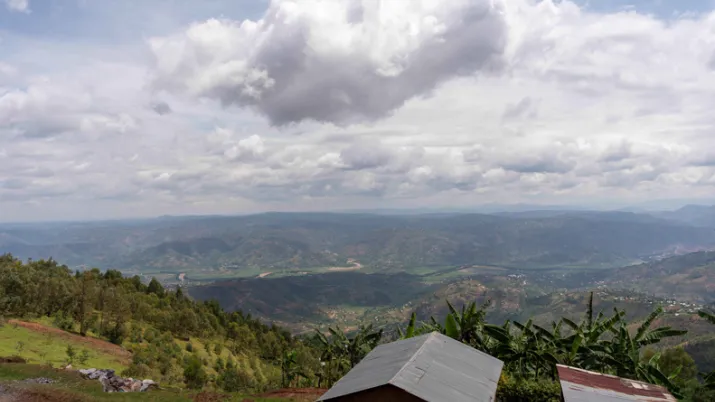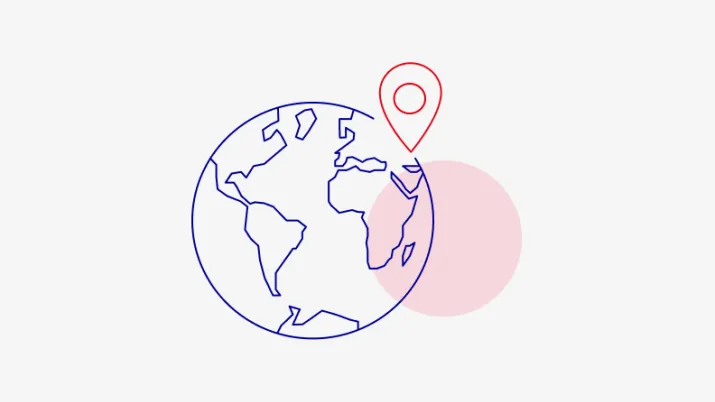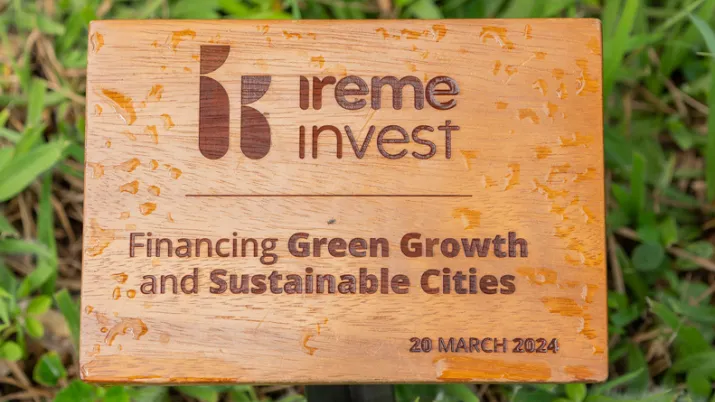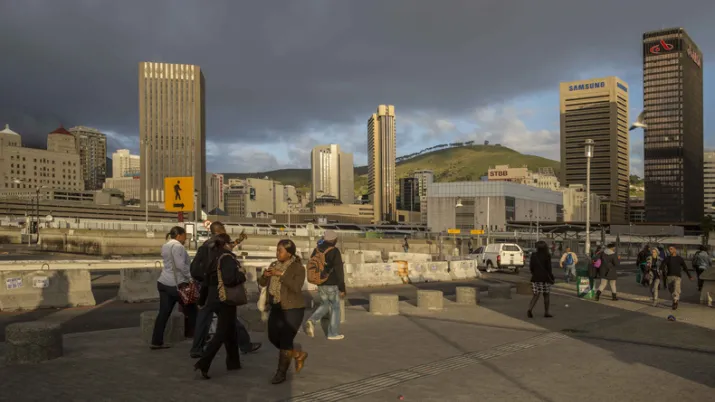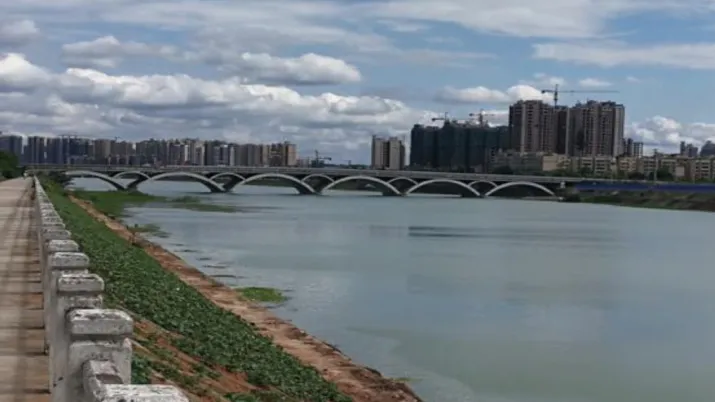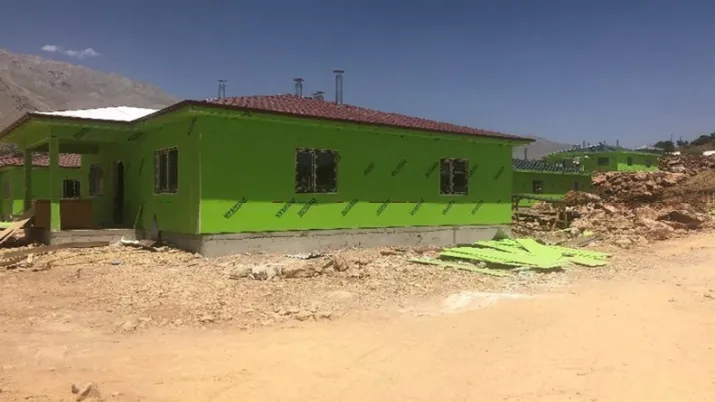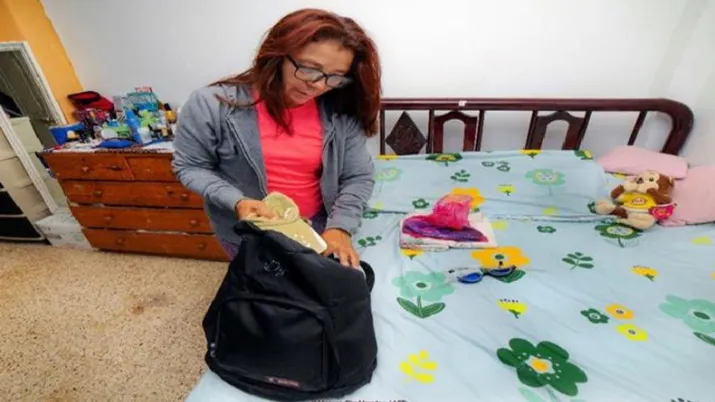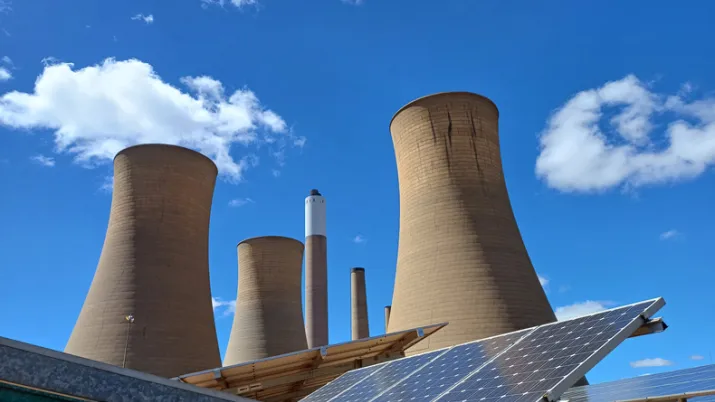Share the page
Upgrading informal settlements in Kigali
Project
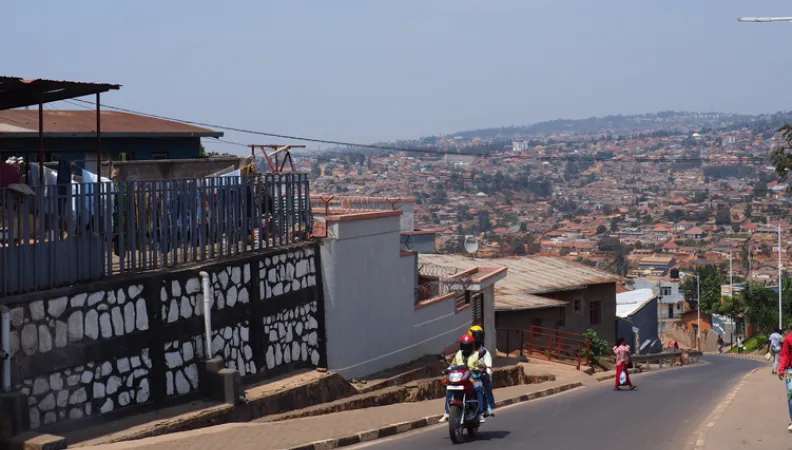

-
Project start date
-
Status
Ongoing
-
Project end date
-
-
Project duration
-
6 years
-
AFD financing amount
-
€ 50,000,000
-
Country and region
-
Location
-
City of Kigali
-
Beneficiaries
-
Government of Rwanda
-
Type of beneficiary
-
State
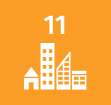
The Kigali Informal Settlement Upgrading Project (KISUP) is a project financed by the Agence Française de Développement (AFD) and the European Union to improve the living conditions of vulnerable communities across Rwanda’s capital city.
Context
The Kigali Informal Settlement Upgrading Project (KISUP) is a joint initiative funded by the Agence Française de Développement (AFD) and the European Union to support the Government of Rwanda’s strategy to upgrade informal settlements. The project promotes in-situ improvements using an integrated and participatory approach. It also serves as a testing ground for innovative solutions to promote social inclusion and climate resilience. The project’s overarching objective is to improve living conditions for 60,000 residents of informal settlements in Kigali, while ensuring that low-income households can remain in upgraded neighborhoods.
Description
The project targets two vulnerable neighborhoods—Rwezamenyo (central Kigali) and Kagugu (on the city’s outskirts). These densely populated, low-income areas face challenges in terms of infrastructure, including poor roads, inadequate drainage, and exposure to floods and landslides.
KISUP places a strong emphasis on social inclusion and gender equity. Given that women constitute more than half of the population in the targeted areas, a dedicated Gender Action Plan is being developed. This plan promotes the active participation of women in Community Upgrading Committees (CUCs), including holding decision-making roles, and ensures equitable distribution of work opportunities during the construction and maintenance of public facilities such as roads, schools, and health centers
In addition, the project will strengthen the capacity of the City of Kigali and its districts (Gasabo and Nyarugenge) to plan and implement infrastructure upgrades, while also piloting Nature-Based Solutions to enhance resilience to climate risks. KISUP also includes an Urban Fabric Initiative(UFI), an initiative that aims to collaboratively develop public spaces and community facilities, and to activate these sites through local initiatives.
Finally, KISUP will allow the City of Kigali to test various housing solutions for the urban poor in informal settlements. This initiative will complement the Government’s existing affordable housing program by focusing on rental schemes. Proposed solutions include incremental self-upgrading or redevelopment through land pooling and the construction of multi-story buildings to increase housing stock for low-income households, either through rental schemes or rent-to-own arrangements. In both approaches, agreements will be signed with eligible landowners to cap rental prices for a specified period.
Impacts
Upgrading informal settlements in Kagugu, Rwezamenyo, and Nyakabanda will significantly improve the living conditions of residents, especially those currently exposed to flood risks and inadequate basic services. The project will deliver safer and healthier neighborhoods through:
- The rehabilitation of 11km of roads and 53 km long storm-water drainage network.
- Enhancing access to sanitation, solid waste collection, and management services, leading to cleaner and more hygienic environments.
- Installation of street lighting and safer pedestrian pathways (28 km), boosting security and accessibility for all, including women, children, and persons with disabilities.
- 11 facilities (water kiosks, water springs, sports facilities, green and public space pockets) with immediate community impact will be developed ahead of the larger project implementation.
Overall, these improvements will create inclusive, resilient, and sustainable neighborhoods where residents benefit from better housing conditions, stronger social cohesion, and greater economic opportunities driven by better infrastructure and neighborhood development.
Sustainable Development Goals
Sustainable Cities and Communities
Goal 11 seeks to rehabilitate and plan cities and all human settlements in ways that offer everyone employment opportunities and access to basic services, energy, housing, transportation, green public spaces, and more – while improving resource use and reducing environmental impact.




